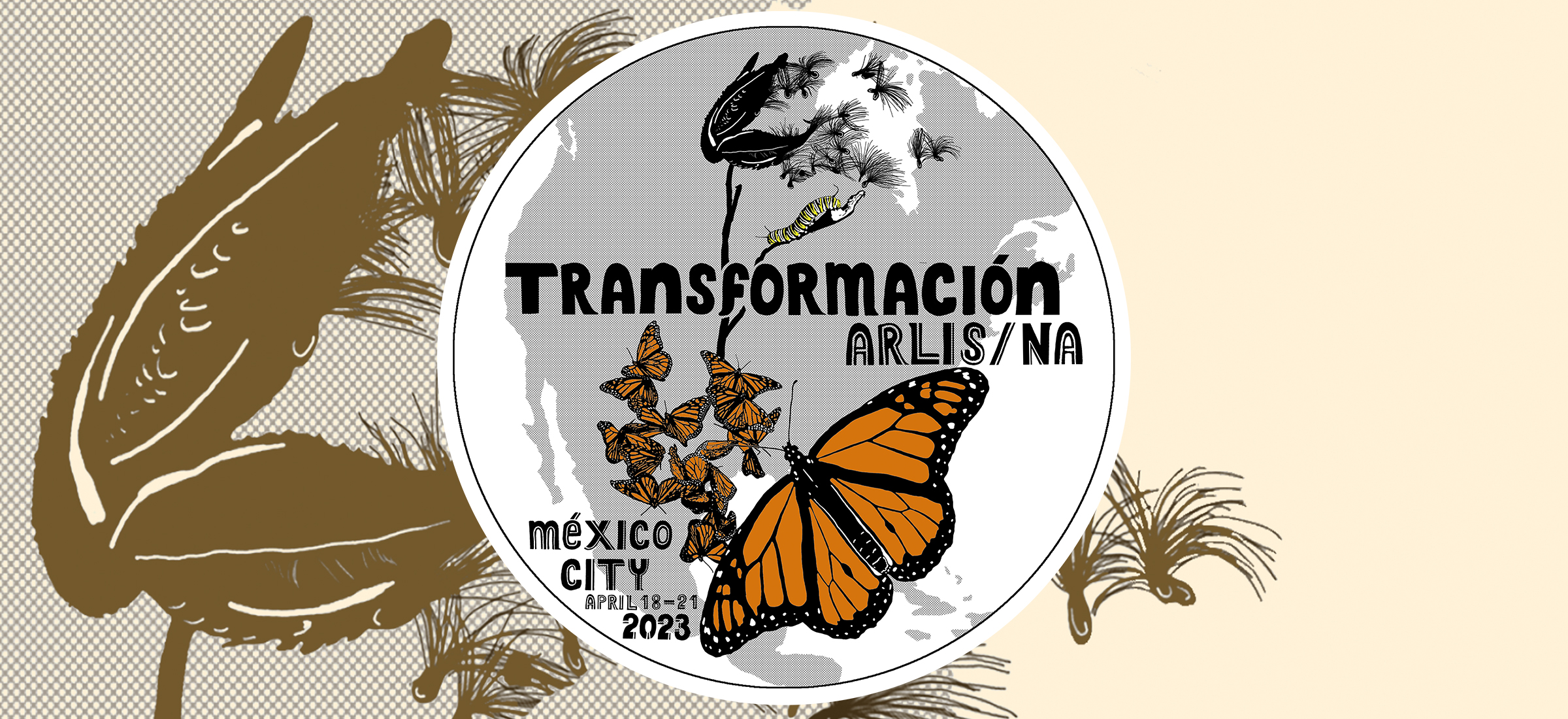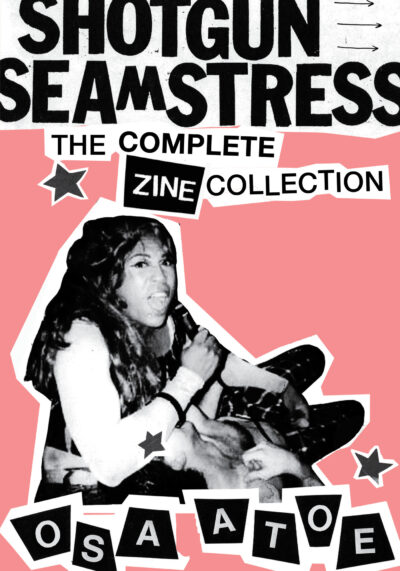Dear ZineCat friends,
I started this position in the fall of 2021. I was new to the city and so thankful for the opportunity to be working with a familiar and beloved material – zines! Lauren and Jenna warmly welcomed me onto the team, introducing me to the ins and outs of this incredible project that would benefit everyone from artists and researchers, to individual zine makers and readers. When I first arrived in the fall, our website and blog was in need of help with expired links and WordPress URL redirects, so I tackled that first before sharing our information onto new social media platforms. Once the site and its blog were ready to go, I created an Instagram account (@zineunioncat) for ZineCat and continued to update the Twitter account as well as our blog. I generated content for our social media accounts that often featured images of cats from the vast zine community. Thanks to Jenna for sharing and allowing me to repost some photos from her Tumblr account! Besides cats, our social media platforms would also feature zine-specific publications and presentations delivered at library conferences, as well as other major events. I also went through our GitHub repository, updating the page with new information. We also floated around the internet jointly-created international zine collections/organizations list. This public GoogleDoc includes zine collections from around the world and will be especially helpful for the larger vision of ZineCat, but it is also useful for zinesters who are looking to visit a collection in their area. Because I was immersed in the middle of these tasks, and funding for the position was set to end in the spring, I also started looking at humanities grants around New York City. Lauren and I put together an application that she then shared with the staff at NYU Libraries, which thankfully allowed me to continue on for the full year and a half.
In the spring, with the lifting of certain Covid restrictions, the team at the time, which consisted of Jenna, Lauren, Vita, our Metadata Intern, and I were able to visit the Barnard Zine Library and to witness the amazing work that Jenna does as the librarian there. It was an inspiring field trip that helped put into context the kind of work that we had for the most part been doing remotely from home. To get the word out there about ZineCat, I had assembled outreach documentation and a GoogleForm to send to the Zine Librarians ListServ for when ZineCat is ready to expand. Meanwhile, I did an accessibility check on our website and blog, making sure to add alt text on all images and an inventory of all the documents on our blog. I also went through past issues of our zine Shared Authority, and created alternate and accessible versions of them, including plain text and audio files of past issues. These were then shared onto our public GoogleDrive and GitHub, as well as our website. Our website also acquired more updated and current information in the About and History sections. As we were planning for the expansion of ZineCat, I also created a media kit with different logos and headers for the project. During the spring, we also received data from the Fales Collection at NYU, which will eventually be added to ZineCat. Vita and I attended the Messy Data OpenRefine Workshop series to figure out how to clean data to make it ready for ingestion. While informative, the workshop unfortunately did not prepare me for the task of tackling the giant spreadsheet ahead of me, so this project of cleaning the data from Fales is bookmarked for another time. Since Vita’s time with ZineCat was coming to an end, we wanted to get another issue of Shared Authority out, which documents the many accomplishments of the last few years. It had been close to three years since Volume 2, so we assembled Volume 2.5. Looking back, 2.5 may as well have been Volume 3, since it was quite big! ZineCat had really grown, but sometimes when we’re in the midst of the work, it does not feel that way, so we simply assumed Shared Authority v. 2.5 was more indicative of where we were at with the project. This issue and its accessible versions can also be found on the public GoogleDrive, GitHub, and website.
While our social media accounts feature a steady stream of content throughout the year, in July, we accepted Alex Wrekk’s International Zine Month challenge, continuously posting on our favorite zines, zine collections, and zine makers. When the fall came around again, we started to brainstorm next steps for ZineCat. This included a reconsideration of the website. We are currently working on an accessibility audit of our website with HaiDev, a collective of developers based in Haiti. After conducting research on website possibilities through CollectiveAccess, which is the platform which our website currently uses, I assembled a packet of designs for our future website. This culminating research and designs was presented to Eric, our web developer, who had very positive feedback. According to Eric, these design ideas were easily achievable with CollectiveAccess. Hopefully, in the coming months, we will be able to see these enhancements come to fruition on our website. In addition, we foresaw the inclusion of foreign languages on ZineCat and contacted the Queer Zine Library based out of the United Kingdom and Hong Kong, to see if they would be interested in sharing their collection with ZineCat. Their collection includes many titles in Chinese, which we want to see if our system could seamlessly ingest. Thankfully, the Queer Zine Library has expressed interest in working with us in the future. Lastly, I am assembling Shared Authority v.3! This issue will encapsulate the work of this past year and hopefully express my gratitude for being a part of such a wonderful project and community.
Though this month wraps up my time with ZineCat as the Outreach & Documentation Coordinator, I am excited to follow the project as it continues to grow. I am ever thankful to Lauren for recruiting me for this role and integrating me into the ZineCat community.
Much love,
Jennifer Huang







